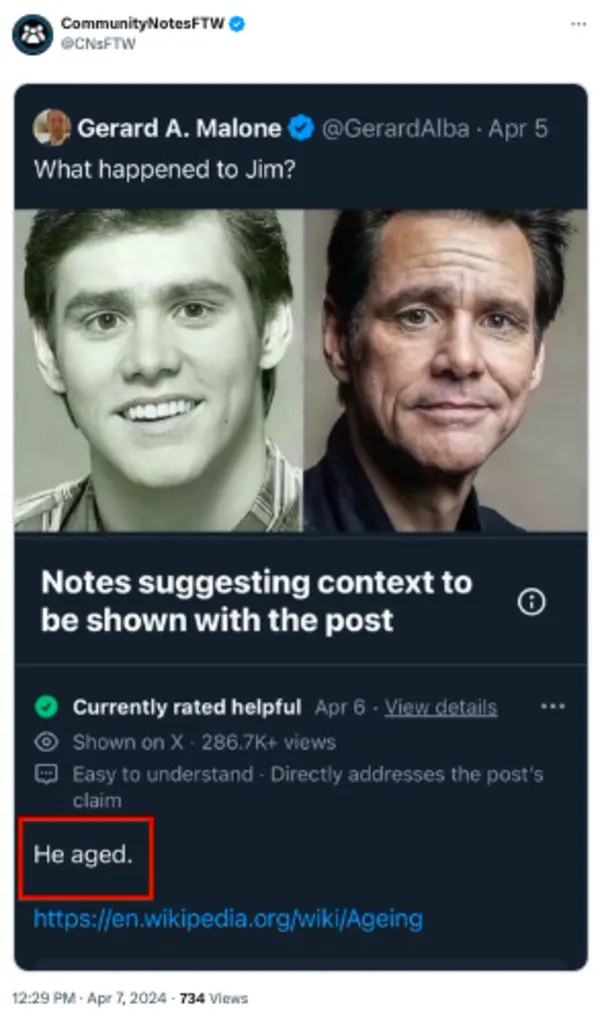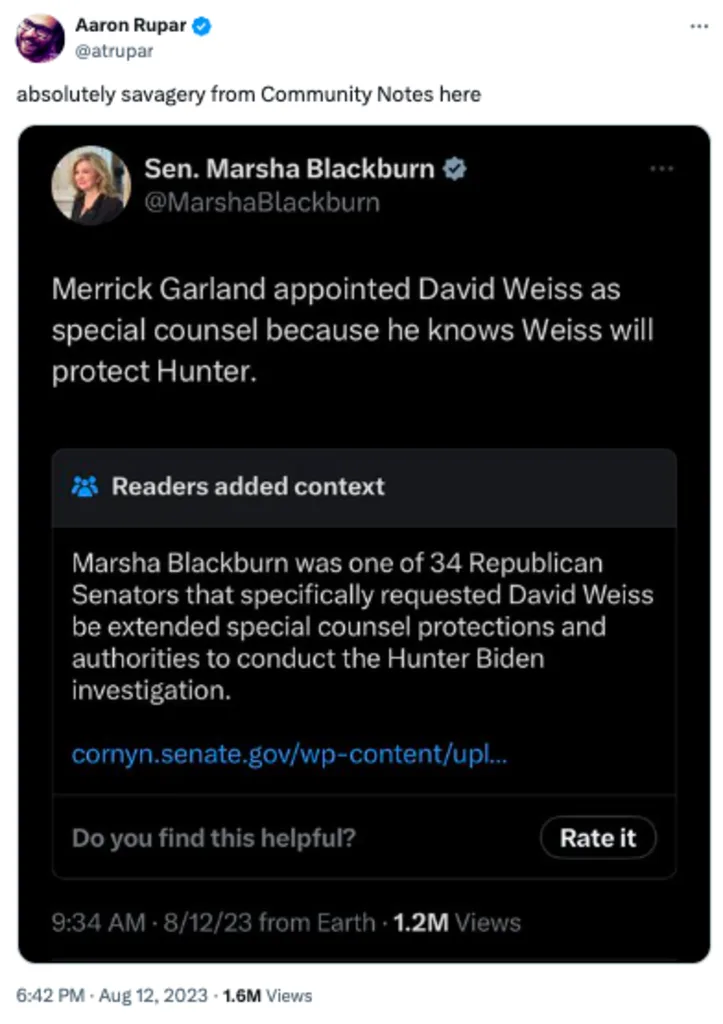Imagine deciding to start watching Lost midway through its much-maligned final season. Now imagine making that decision right as ABC executives began charging new viewers—and only new viewers—for the privilege of watching a once-great series circle the drain. This is essentially the experience future newbies on X can look forward to, now that Elon Musk has confirmed plans to charge them for posting on the platform and engaging with other users.
X is set to start collecting small fees from new users at what is arguably the worst time to join up. The platform formerly known as Twitter was once a place where people could keep up with breaking news and have a laugh, but also possibly land a job, proof-of-concept a TV show, make friends, or meet their spouse—all while interacting with Judd Apatow and possibly getting roasted by Dionne Warwick. You know, almost like some kind of Everything App. But those days are long gone. According to some estimates, use of the platform has dropped by nearly a quarter since Musk took over in late 2022, as X has struggled with bugginess and become more hospitable to extremists. At this point, one of the only reliably fun things left to recommend to new Xers is watching Community Notes dunks on bad posts.
Community Notes launched in 2021, under X’s previous ownership. Originally called Birdwatch, it was conceived as a crowdsourced mechanism for combating misinformation and propaganda. Twitter executives selected the first wave of contributors to Birdwatch with a focus on ideological diversity, in order to minimize bias. These contributors scoured the site, flagged questionable content, and saddled it with a note explaining why it was misleading. The program was never intended to replace Twitter’s content moderation efforts, though, which it more or less did in fall 2022, when Musk rebranded it as Community Notes and drastically reduced the moderation team. (X has since pledged to build it back, to some degree.) In a contentious, viral interview with Don Lemon last month, Musk cited Community Notes as the platform’s primary bulwark against misinformation.
If that’s the case, it doesn’t seem to be working. According to separate reports by Mashable and ProPublica, Community Notes tend to be soft on misinformation. The Verge also claims that the program may be “vulnerable to coordinated manipulation by outside groups” and “lacks transparency about how notes are approved.” Indeed, the platform’s failure to root out misinformation after the start of the Israel-Hamas War made X the first subject of formal infringement proceedings under Europe’s Digital Services Act, which was introduced last August.
But while Community Notes may not necessarily reduce X-ers’ engagement with weaponized misinformation—a legitimate problem—they’ve at least made a mockery of many other kinds of misleading posts.
As often as notes pop up to correct textbook misinformation, like this post suggesting Hillary Clinton was responsible for the 1995 Oklahoma City bombing, they also call out users for being loudly wrong about less serious matters. If a young gentleman suggests women are incapable of snoring, due to their lack of Adam’s apples, community notes will be there. Ditto for when a sitting congressperson appears to believe that earthquakes and eclipses are divine retribution for America’s sinful behavior.
Community notes will come after folks for lying about petty things, such as whether they are actually stuck in a hospital, recuperating from a car accident. (In this particular instance, the poster seems to have claimed these injuries in order to deflect from being community-noted too hard in a previous post.) They also come after posters for trifling lies such as misrepresenting one’s appearance, or needlessly raising speculative questions about the appearance of others.

But these notes often poke holes in more potentially consequential lies beyond misinformation, of course. They come after folks misrepresenting their wealth and success, often in the world of day trading, in an effort to gain more clients. When used this way, the program functions as a de facto consumer advocacy group, unmasking snake oil salespeople of all stripes. Not that it deters them much. In fact, some scammers buy ads on X, accumulate community notes describing their deceptive practices, and then leave the ads in place anyway.

Other times, the lie in question is one of omission. This flavor of community note exposes hypocrisy in a satisfying way, especially among politicians and media. Contributors employ it to confront members of Congress for taking credit for bills they voted against, and other politicians and pundits for previously taking the exact opposite position of whichever issue they’re now advocating.

Although one of the core problems plaguing the notes program is that it can be too slow to effectively fight misinformation, sometimes a community note is a dish best served cold. It took nearly three months, for example, for this September 2023 post from then-beleaguered House Speaker Kevin McCarthy, in which he claimed he would never vacate his role, to be saddled with a note bearing a factual correction.
Some of the most entertaining note-dunks of all, however, are those that respond to people disputing a previous community note. One of the more prominent perpetrators of these meta-notes is none other than X’s current owner. As much as Musk touts the efficacy of this form of fact-checking, he also chafes against it being used on his own posts. (As do his more sycophantic followers.)
In one particularly cringey instance, Musk not only disputed a community note, but the very nature of the note system—suggesting that it was being “gamed by state actors.” His post was then swiftly met with another community note, explaining why Musk’s interpretation of events is enormously unlikely.
The good news for Musk is that if he ultimately decides Community Notes are too annoying, he can always remove them and invest further in traditional content moderation. By doing so, though, he would remove one of the last remaining reasons to stay on X at all.
